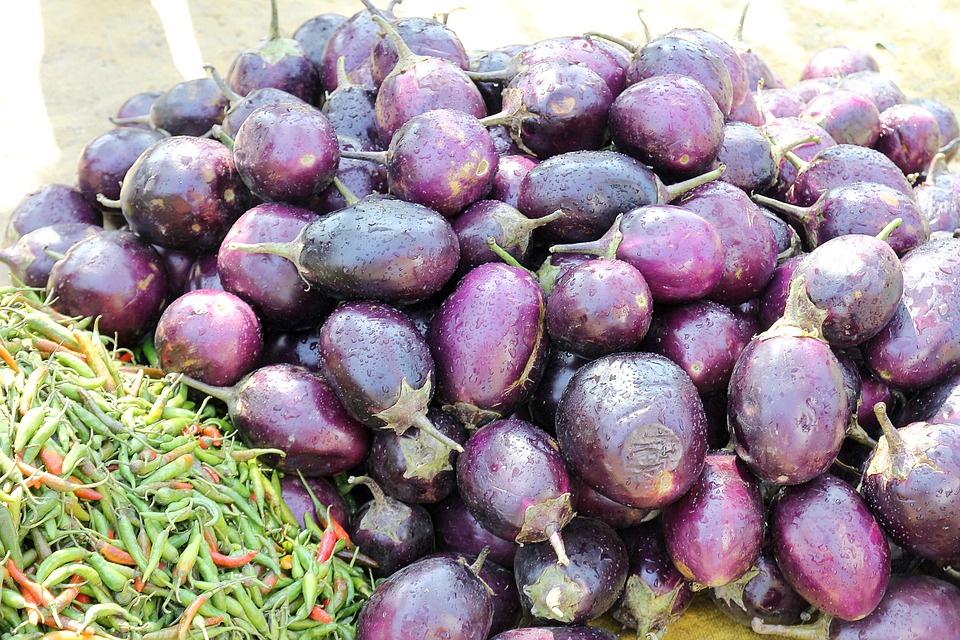Over the years, there have been a number of foods touted as being ways to induce labor if you’re beyond your due date or eager to meet your little one. These same foods are often black-listed from being eaten earlier in your pregnancy because of their induction of labor. But what is the truth behind these labor-inducing foods? Should you really avoid them early on for fear of hurting your baby and expect them to get your baby moving by eating them later on? Here are the truths behind the myths of foods that are supposed to induce labor.
Pineapple

Because pineapple contains an enzyme known as bromelain, it has been declared a labor-inducing food by some. Bromelain is supposed to stimulate smooth muscles and soften the cervix which would potentially lead to an induction of labor. It is also only in fresh pineapples as this enzyme is destroyed during the canning process.
However, a study done in 2009 which was published in the journal “Complementary Therapies in Clinical Practice” stated that there simply is not enough bromelain in pineapples to get your labor going.
For it to have a real impact on your cervix, you would have to eat a massive amount, which would probably just cause digestion issues and not even start contractions.
Eggplant

For a while, eggplant parmesan was a popular dish for women to eat who wanted to induce labor. The truth was that the dish probably did help, but it actually didn’t have anything to do with the eggplant part of it. Instead, it was likely the seasonings that were to blame. Oregano and basil are both contradicted in pregnant women because they can cause uterine contractions, and they’re also both present in eggplant parmesan.
Black Licorice

The compound found in black licorice root which is said to help induce contractions is glycyrrhizin. In 2002, a study led by Timo Strandberg was published in the “American Journal of Epidemiology” and it concluded that women who consumed large amounts of black licorice during their pregnancies saw higher amounts of preterm births. Since most black licorice today is made with artificial flavorings rather than the actual licorice plant, it’s probably not going to do much, but real licorice should be carefully considered before consuming while pregnant.
Balsamic Vinegar

Despite one restaurant having a “maternity salad” that’s supposed to help you start your labor because of the balsamic vinegar dressing, the simple truth is that there is no research to back up this claim. So, if you want to get your labor started, don’t try drinking balsamic vinegar straight from the bottle because it’s not going to do much for you.
Castor Oil

This is probably one of the most well-known labor inducers and has been around for many years. The idea is that the intense stomach upset it causes will somehow stimulate labor. However, these claims are completely unsubstantiated, and the majority of women that try this will find themselves with some pretty intense diarrhea, but still no labor in sight.
Red Raspberry Leaf Tea

This is the only one on our list that does have some proof to back it up, but still isn’t enough for us to encourage mothers-to-be to run out and try it.
In 1999 in the “Australian College of Midwives Incorporated Journal,” there was a study done by Myra Parsons that found that red raspberry leaf tea may help women avoid going past their due date. In 2001, Michelle Simpson published a study in the “Journal of Midwifery and Women’s Health” which reported that women who began drinking red raspberry leaf tea at 32 weeks of gestation had shorter second stages of labor and there were less incidents of forceps use. More research is needed to confirm that red raspberry leaf tea is completely safe and effective.
Do you know somebody who is pregnant? Share this article with them as they might be one of those that believes in the myth.
